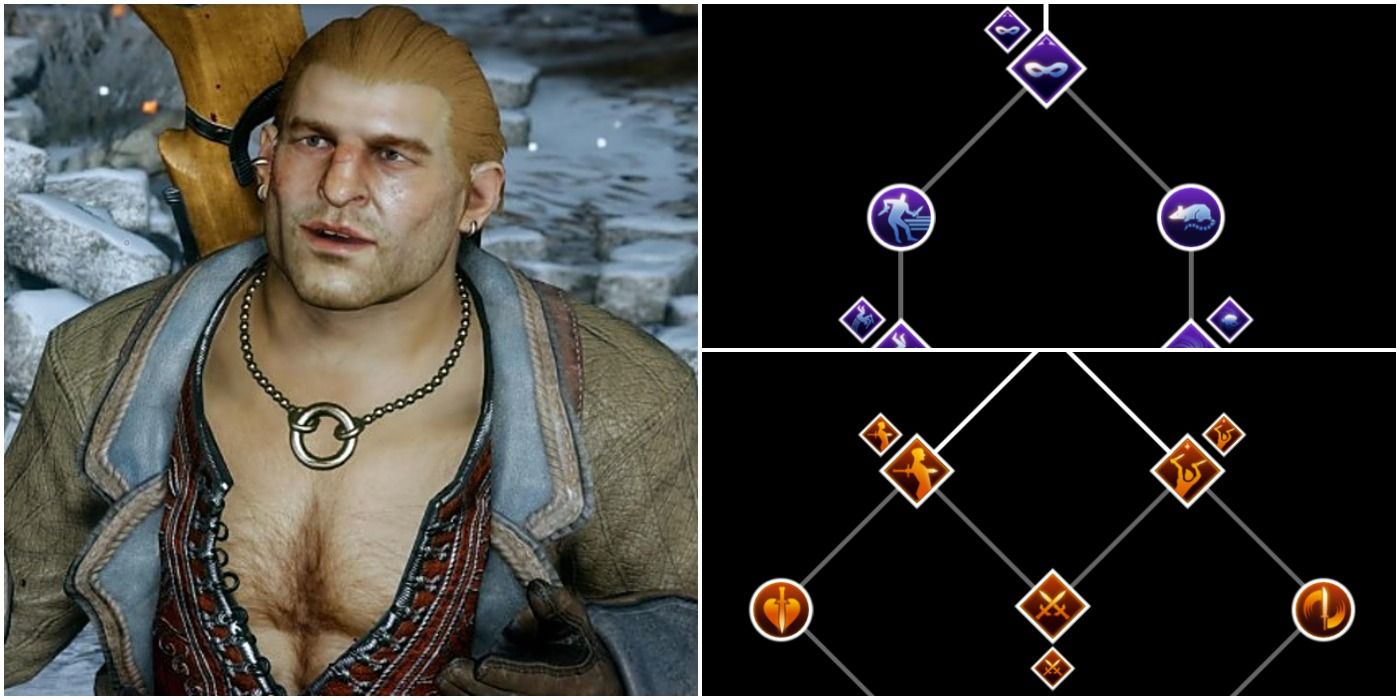
The archetype of the rogue can be found in nearly every fantasy RPG and Bioware's fantasy series Dragon Age is no exception. Each game in the series boasts classes, abilities, specialization, weapons, and traits that are meant to harken to this classic RPG mainstay. From abilities that allow you to fight in less than honorable ways to avoidance mechanics and stealth to critical hits with status effects, the rogue in Dragon Age has everything a player could want to fill their fantasy of being a suave swashbuckler or shadow dwelling assassin.
Putting the roleplaying aside, there is wealth of truly powerful and dangerous abilities available for players who want their gameplay to match their rogueish dreams.
10 Origins: 'Deft Hands' Leads To The Best Equipment
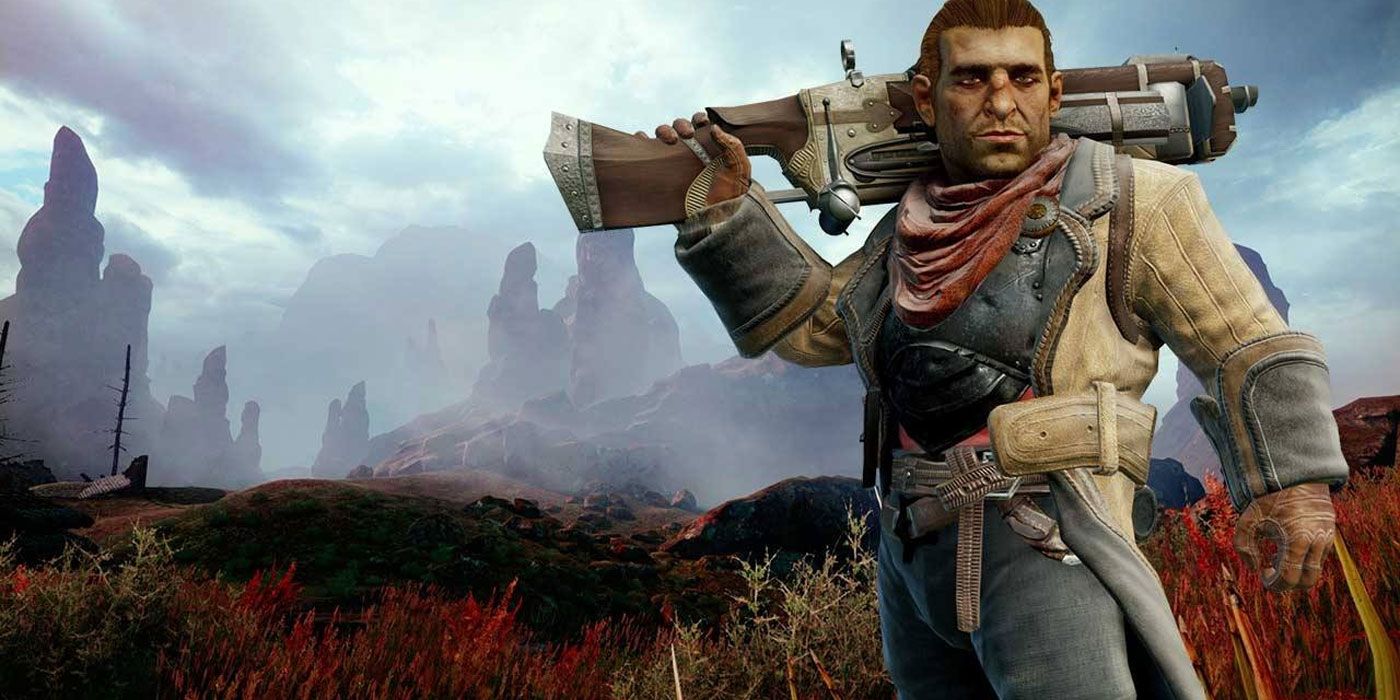
Much like in our own world, the best things are not free and are usually held behind lock and key. It almost goes without saying that a cornerstone of being a good rogue is being able to acquire such valuable objects. This goes doubly in a world with magical weapons and secret runes that can give anyone a serious edge in combat.
Deft Hands makes it more likely that the Dragon Age: Origins' main character will enter into battle with better gear than their opponent by granting them the ability to pick locks. Wise gamers would do well to remember that powerful attacks are not the only thing that helps a rogue get ahead in the world.
9 Origins: 'Lethality' Gives The Rogue Greater Flexibility
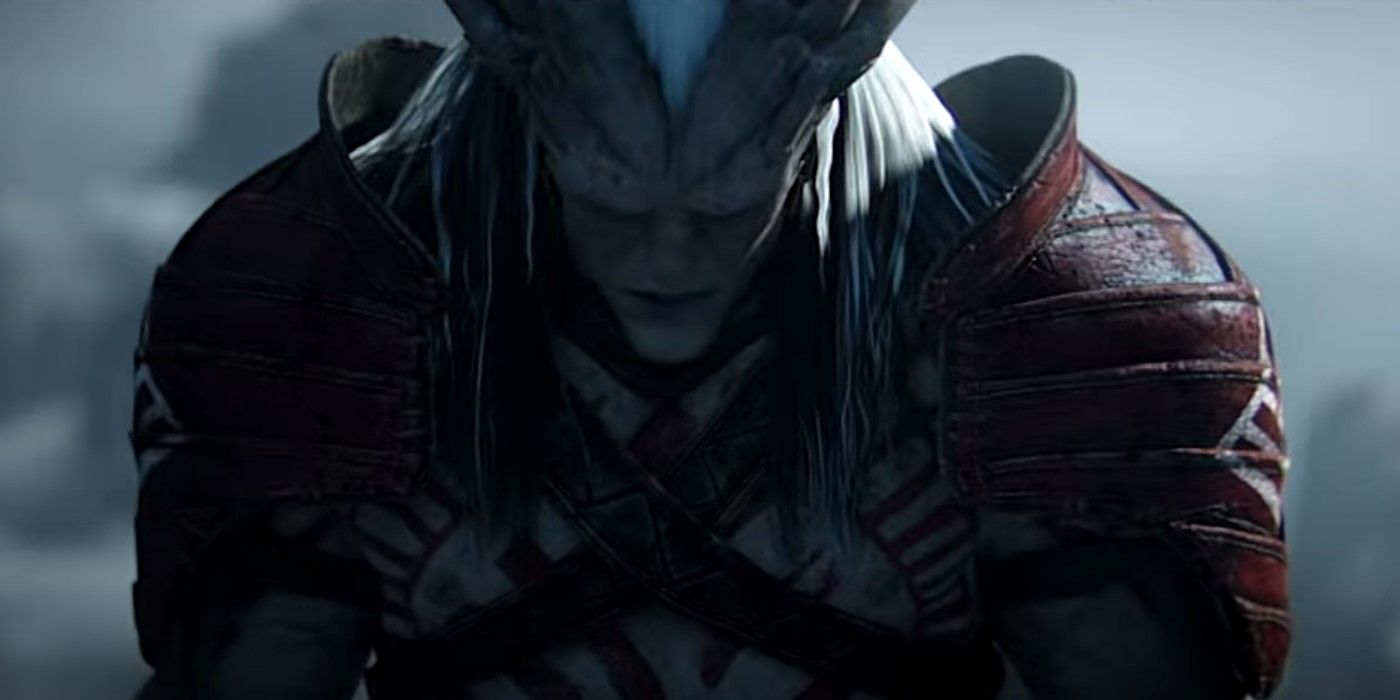
While it might be true that the fantasy trope of the weak rogue using a bow and arrow doesn't really make sense given the strength required to pull a bowstring, it nevertheless pervades most fantasy games. In Dragon Age Origins this particular trope is of great importance when deciding which attributes to select for your roguish character, and while strength is necessary for damage output most of the time 'lethality' can change that.
This ability allows a well-made rogue to use their cunning stat instead of their strength stat for attack damage. Since cunning is useful for skills and dialog to it gives the rogue an obvious stat to pump their attribute points into for massive effect. 'Leathality' has the added benefit of better critical hit chance making it a powerhouse of an ability.
8 Dragon Age 2: 'Throw The Guantlet' Controls The Flow Of Battle
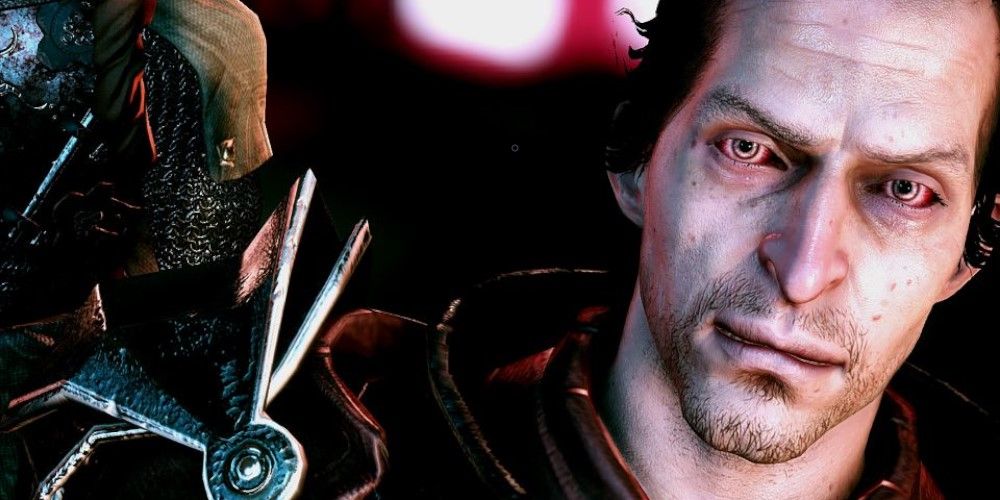
A common enough roguish archetype is the swashbuckling duelist, the debonair person that likes to face foes head-on, and mocks them while they do it. In Dragon Age 2 the 'Throw the Guantlet' ability makes that fantasy a reality, forcing the target to forget all other concerns and focus its fire on the rogue who did the throwing.
Using this to distract big enemies from taking down a weakened party member or ganging up on your healer can be the difference between winning and losing a battle.
7 Inquisition: 'Hidden Blades' Does An Incredible Amount Of Damage
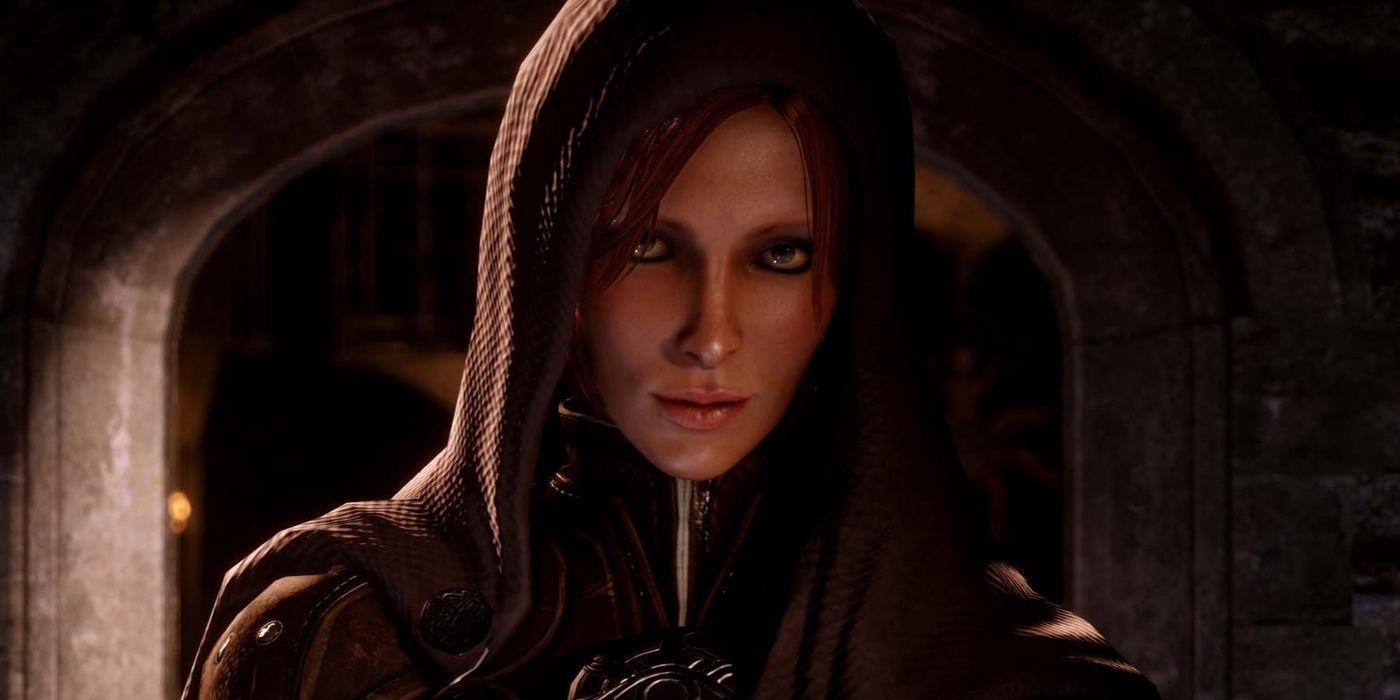
The critical hit is one of the most enticing and rewarding feelings in RPGs. The feeling that one well-placed blow can completely change the trajectory of a battle is a large part of why people cheer when they roll a 20 when playing D&D. 'Hidden Blades' in Dragon Age: Inquisition is like doing that three times in a row.
The ability hits three times and each hit does 3x damage, leaving most enemies significantly less capable than they were a moment ago.
6 Origins: 'Dirty Fighting' Sets Up Enemies For Big Damage
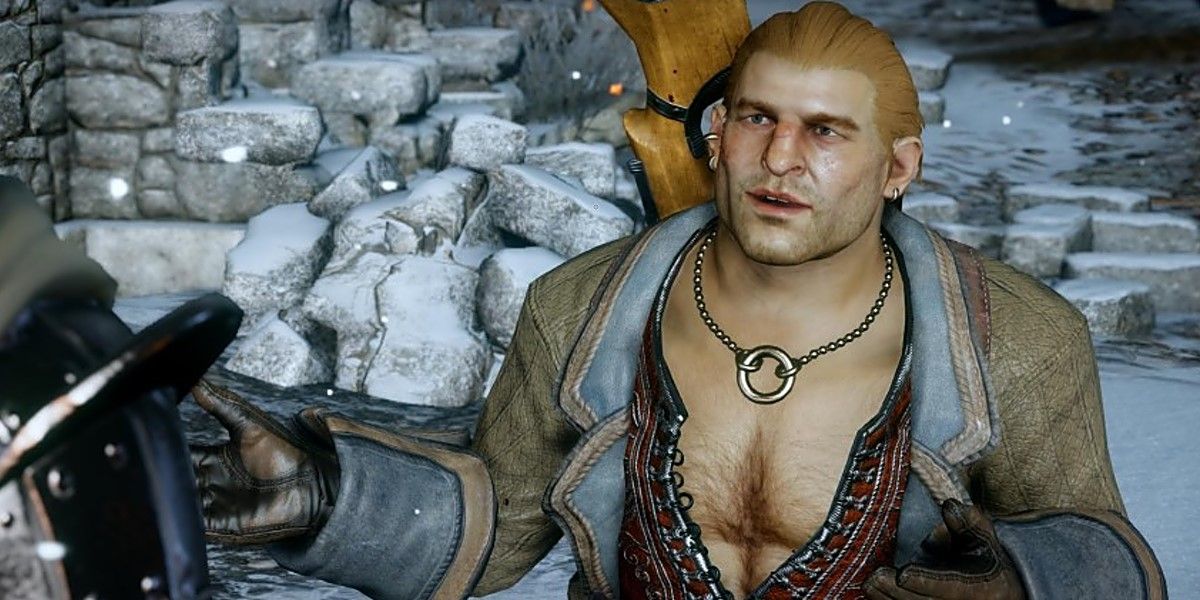
Blinding an enemy with sand, attacking below the belt, or striking first are all common tactics for rogues. The idea that fights should be fair is for warriors and no ability better captures that philosophy than 'Dirty Fighting'.
This ability allows you to immediately stun a target giving you and your allies time to set up combos or take out other enemies in the meantime. This ability can even let the rogue use another ability to get an automatic critical hit if the right supplementary abilities are also selected.
5 Dragon Age 2: 'Assassinate' Is As Dangerous As It Sounds
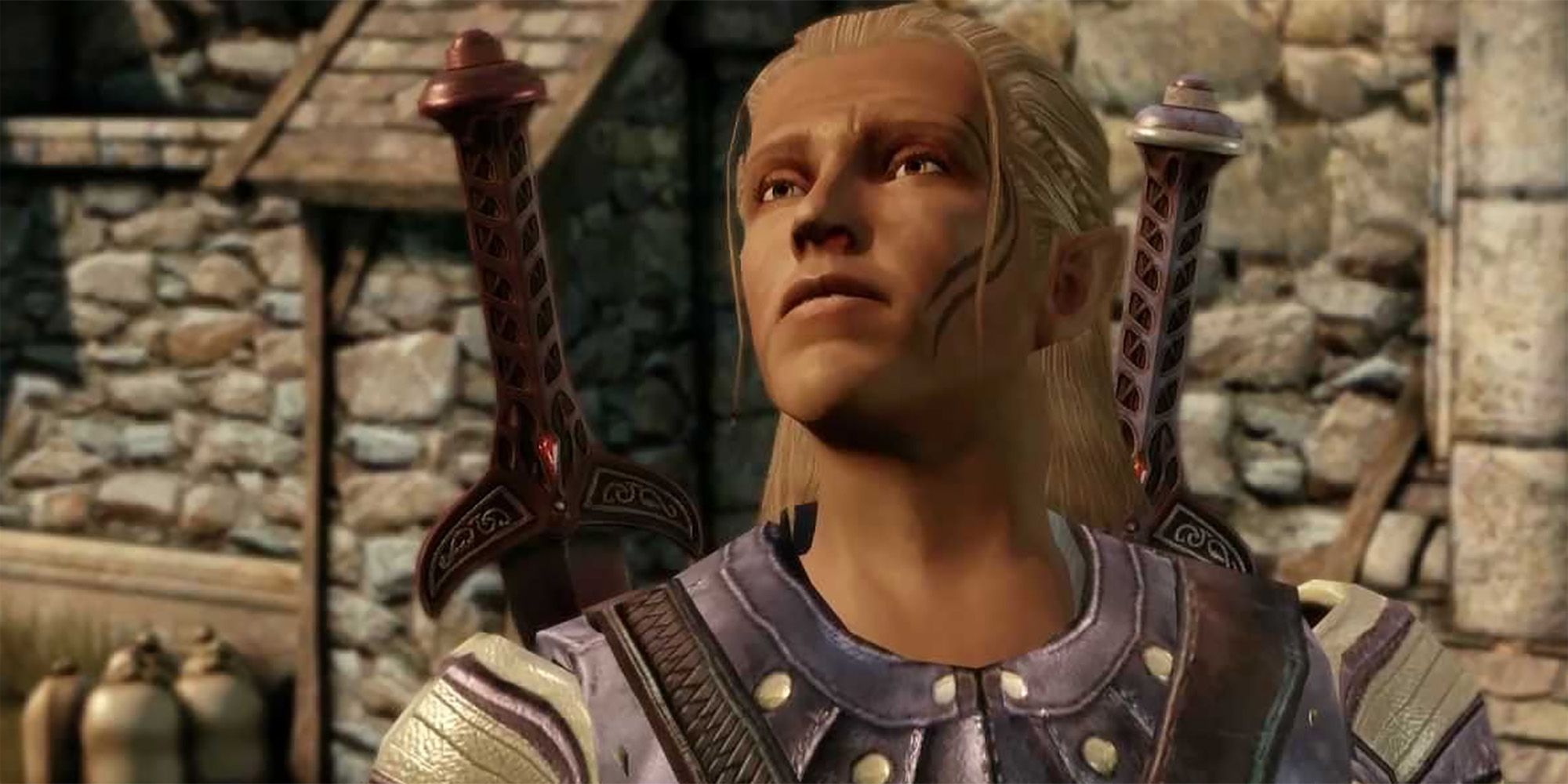
A critical hit is a wonderful thing and can often end an enemy, given the right circumstances. 'Assassinate' allows you to ensure that the circumstances are right by giving you a guaranteed critical hit when you use it.
It also deals a multiplier to damage similar to the sneak attack modifiers present in games like The Elder Scrolls V: Skyrim. Dealing 7x damage on a critical hit that can be activated at will is an exceptionally powerful way to control the flow of combat.
4 Inquisition: 'Mark Of Death' Is Great For Destroying Bosses

One thing that rogues excel at is getting a lot of hits in, especially if they are dual-wielding daggers and getting up close and personal. It is for this reason that 'Mark of Death' can be exceptionally good for killing bosses, as this ability builds up damage every time you strike a target.
Since bosses are likely to survive a lot more hits than other types of enemies a rogue is better off saving this power for them. The power is especially interesting because you can trigger the saved-up damage effect whenever you want which means learning how much it does can let you perform some truly epic finishing moves.
3 Origins: 'Coup De Grace' Allows The Rogue To Capitalize On Vulnerable Targets
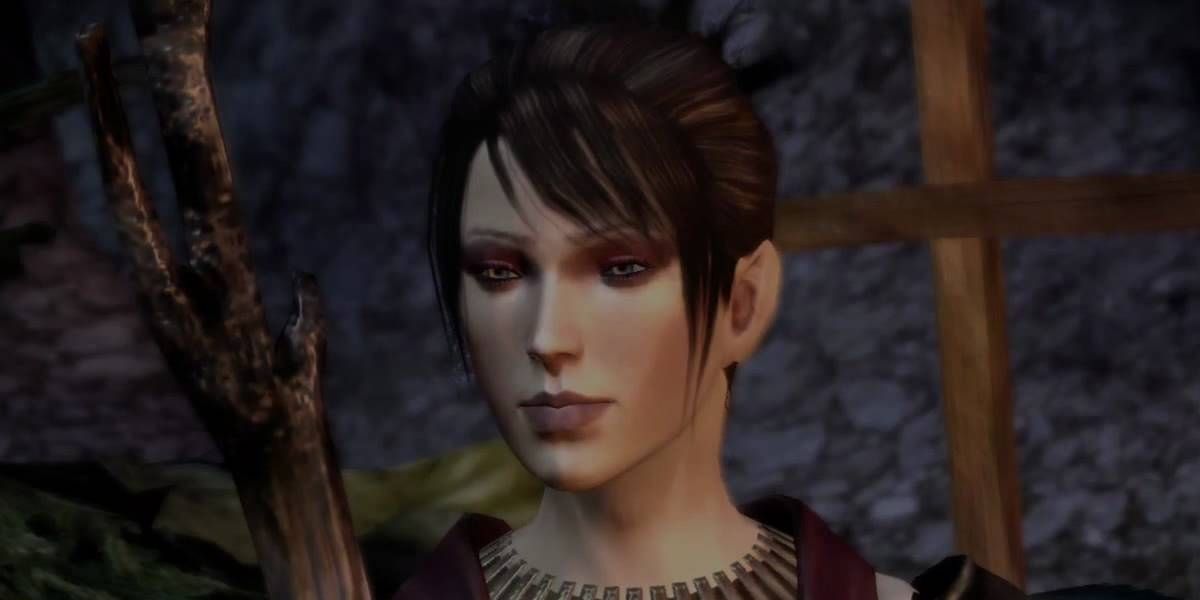
Many effects in Dragon Age can cause enemies to become stunned or paralyzed. Stunning and paralyzation are useful for their own reasons and can be caused by a number of spells and even the rogue's own 'Dirty Fighting' ability, but these status effects are much more valuable when a rogue can capitalize on them with massive damage.
When a rogue uses 'Coup De Grace' on a stunned or paralyzed enemy it is an automatic backstab dealing a serious blow to the enemy's health.
2 Inquisition: 'Deathblow' Is Great For Crowd Control
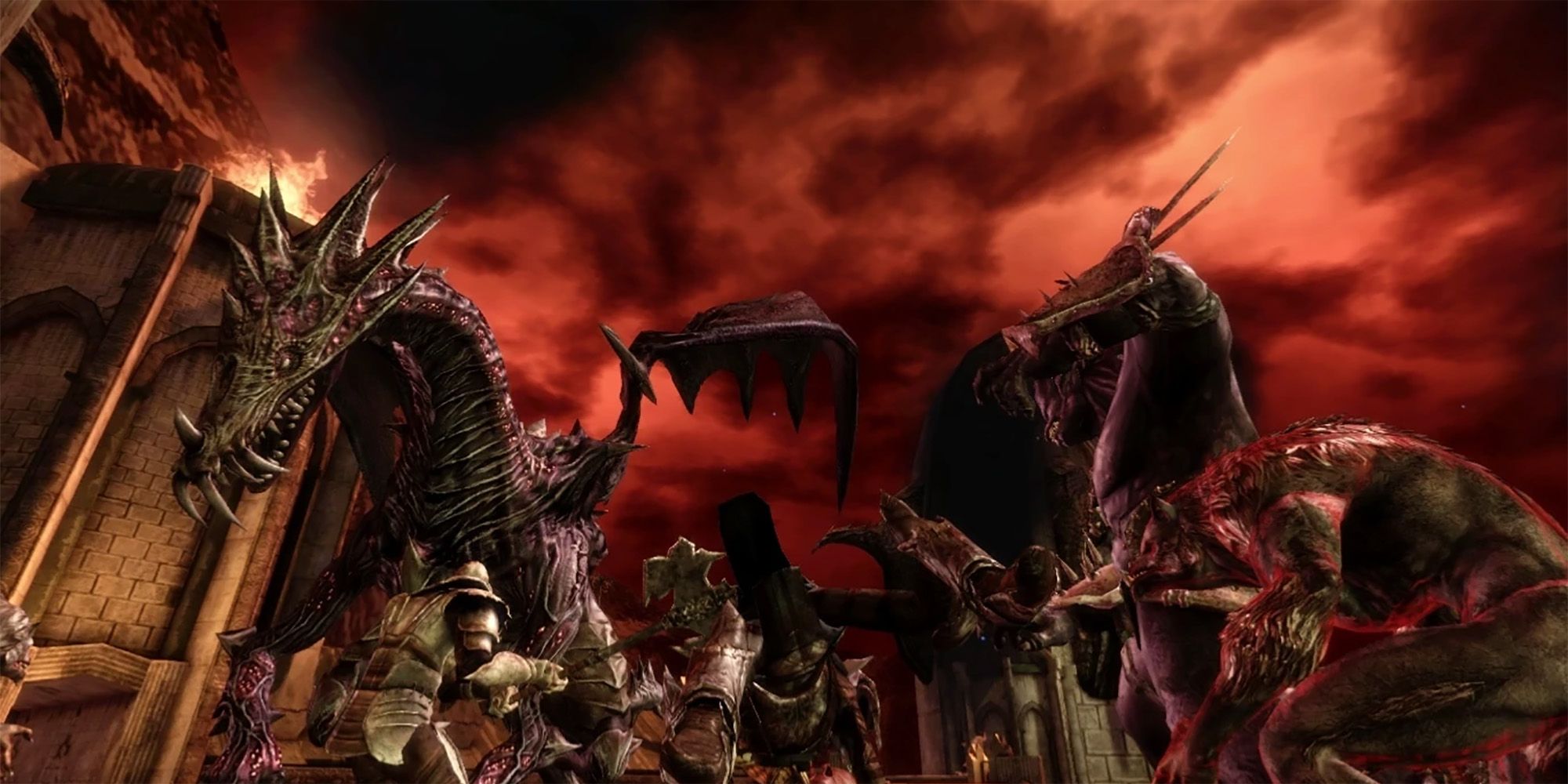
'Deathblow' provides a reliable and powerful way to dispatch weakened opponents dealing a significant amount of damage. A powerful strike that can take down weakened foes with ease is useful on its own. But if a rogue wants to become a whirlwind of death they need only upgrade this ability with 'Thrill of Victory' which instantly lets 'Deathblow' skip its cooldown and become useable again.
This means that a group of weakened enemies can be utterly destroyed by a rogue using multiple deathblows back to back so the rest of the party can focus fire on the biggest threat.
1 The Whole Series: 'Stealth' Lets The Rogue Set The Stage For Conflict
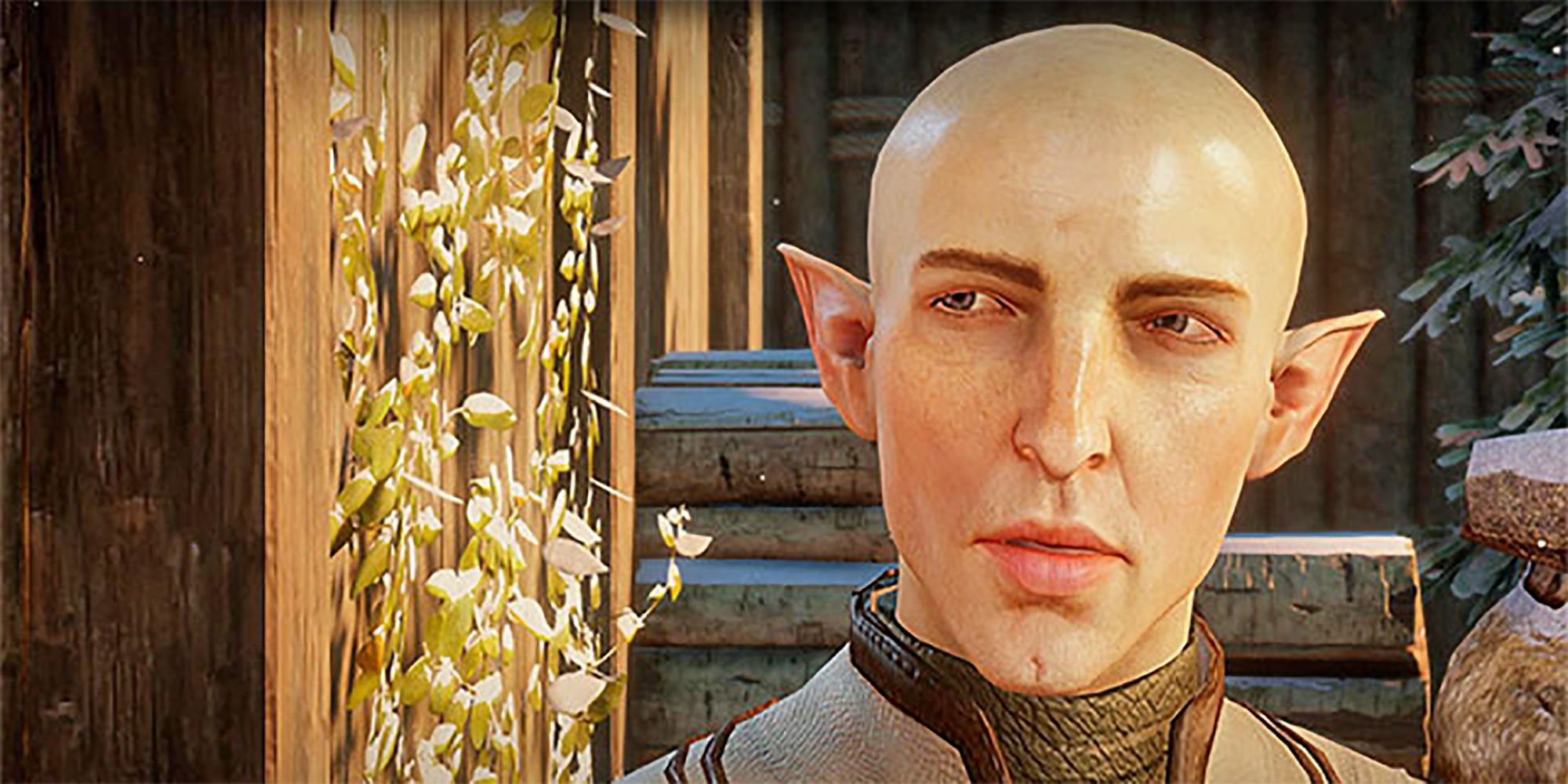
It goes without saying that stealth is a core function of the rogue in most fantasy games. While it is not as obviously useful as high damage critical hitting abilities it is arguably one of the most effective ways to change the flow of combat, before combat even starts. This ability allows rogues to move through a soon-to-be battlefield, scout enemy positions, disable traps, plan an attack, and even prioritize important targets like enemy mages.
Playing a rogue in combat is interesting. Playing a rogue even before combat begins and striking before anyone even knows what is happening is where the real power is.
0 Comments